
|
The New Humanitarian’s strategy to build better journalism
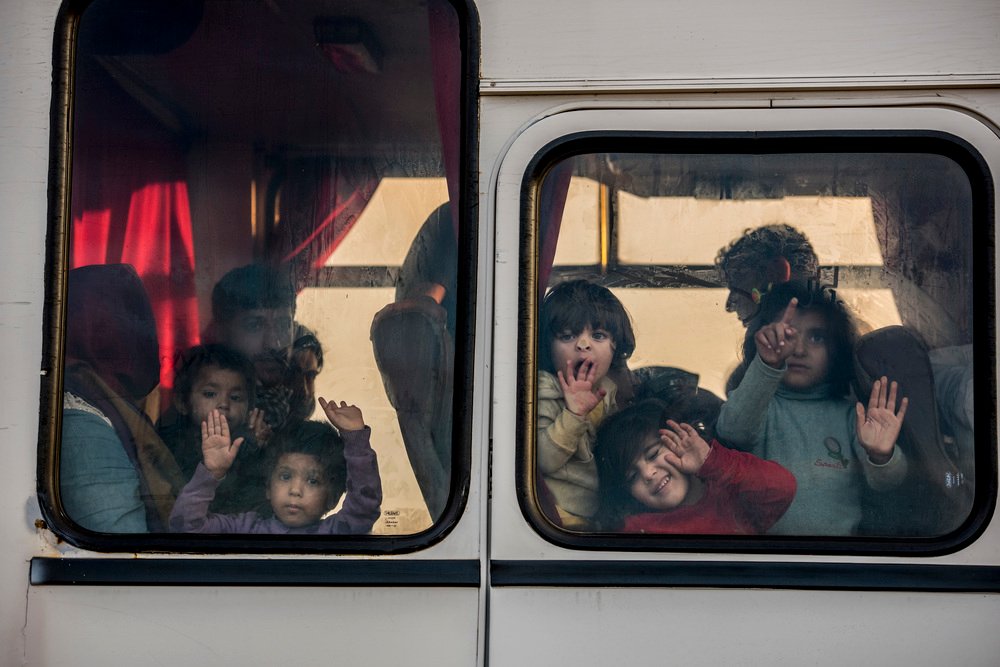
Welcome
|
|
The current journalistic model is broken: audiences are demanding that the hierarchical, elite-led system of news gathering and presentation behind journalism be dismantled in favour of a more inclusive and holistic approach based on more equitable access to information and more nuanced and multi-perspective narratives.
There is a growing demand for decolonised, meaningful participatory media spaces – with different power dynamics - and an increasing expectation of journalism as a constructive force for good, rather than simply an “objective” chronicler of the news.
The business model for media is also broken, with many media going bankrupt during the pandemic - despite their information being more valuable than ever - because of a dependence on advertisers.
Finally, exploitative and extractive practices have long been commonplace in media and other businesses.
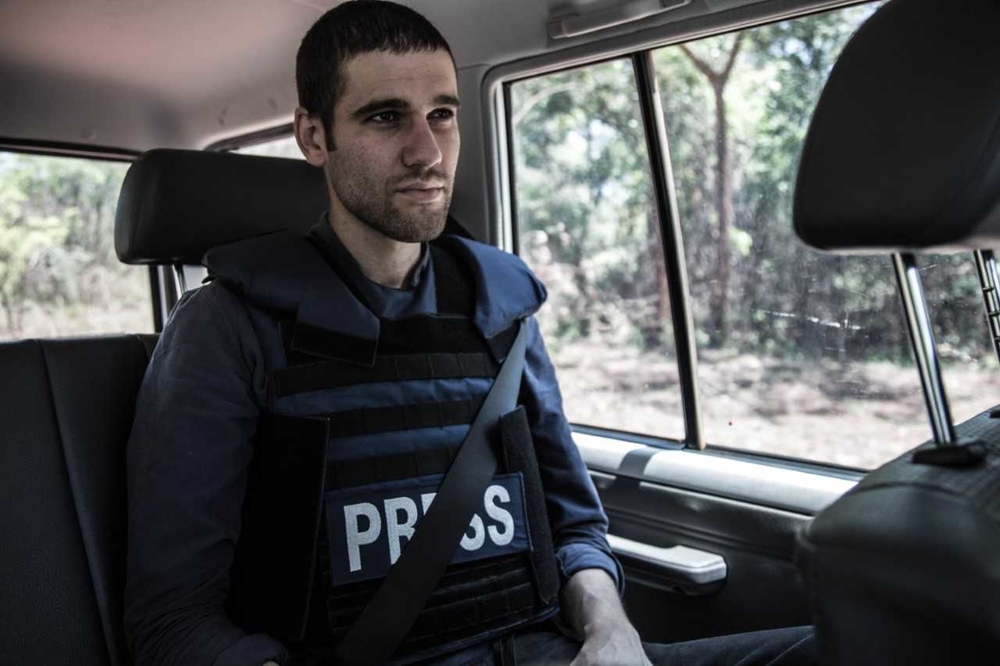
The New Humanitarian’s Philip Kleinfeld reporting in the Democratic Republic of Congo. (Philip Kleinfeld/TNH)
We think there is a better way. We want to build something different.
Thus, we will continue to produce journalism that can compete with the world's most respected publications, but we will chart our own path in defining what a progressive transformative newsroom means to us.
Our strategy sees us creating that transformation in the following ways:
challenging the power structures within journalism, especially how stories are told and who sets the narrative;
intentionally pursuing impact as central to the production of our journalism;
bolstering our ability to pursue the most challenging stories;
developing a viable model of mission-driven journalism on the international stage
building a progressive newsroom culture.
Members of The New Humanitarian are helping us build the newsroom of the future. Join them by becoming a member today.
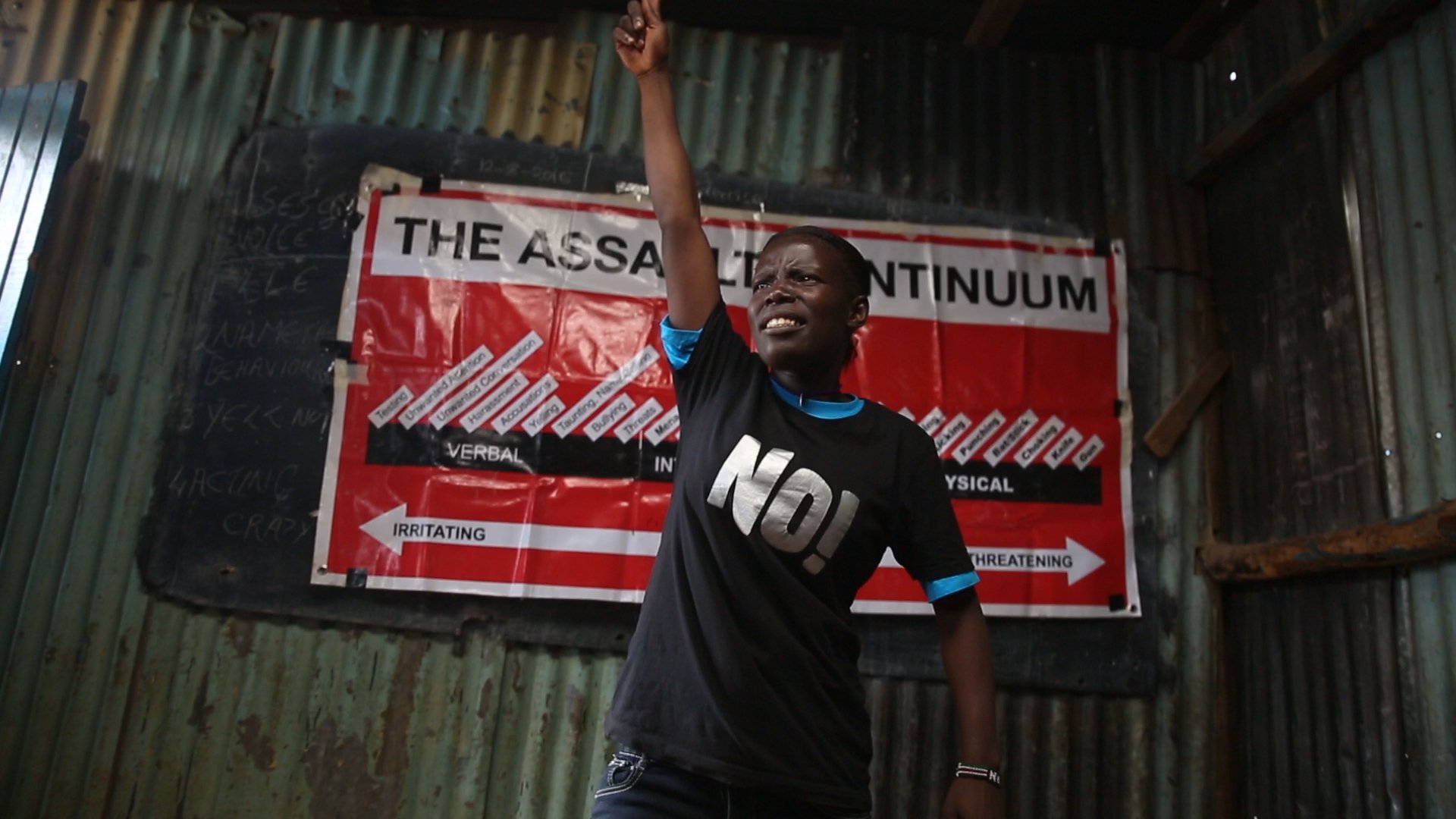
Mission and theory of change
|
|
The current journalistic model is broken: audiences are demanding that the hierarchical, elite-led system of news gathering and presentation behind journalism be dismantled in favour of a more inclusive and holistic approach based on more equitable access to information and more nuanced and multi-perspective narratives.
There is a growing demand for decolonised, meaningful participatory media spaces – with different power dynamics - and an increasing expectation of journalism as a constructive force for good, rather than simply an “objective” chronicler of the news.
The business model for media is also broken, with many media going bankrupt during the pandemic - despite their information being more valuable than ever - because of a dependence on advertisers.
Finally, exploitative and extractive practices have long been commonplace in media and other businesses.

The New Humanitarian’s Philip Kleinfeld reporting in the Democratic Republic of Congo. (Philip Kleinfeld/TNH)
We think there is a better way. We want to build something different.
Thus, we will continue to produce journalism that can compete with the world's most respected publications, but we will chart our own path in defining what a progressive transformative newsroom means to us.
Our strategy sees us creating that transformation in the following ways:
challenging the power structures within journalism, especially how stories are told and who sets the narrative;
intentionally pursuing impact as central to the production of our journalism;
bolstering our ability to pursue the most challenging stories;
developing a viable model of mission-driven journalism on the international stage
building a progressive newsroom culture.
Members of The New Humanitarian are helping us build the newsroom of the future. Join them by becoming a member today.
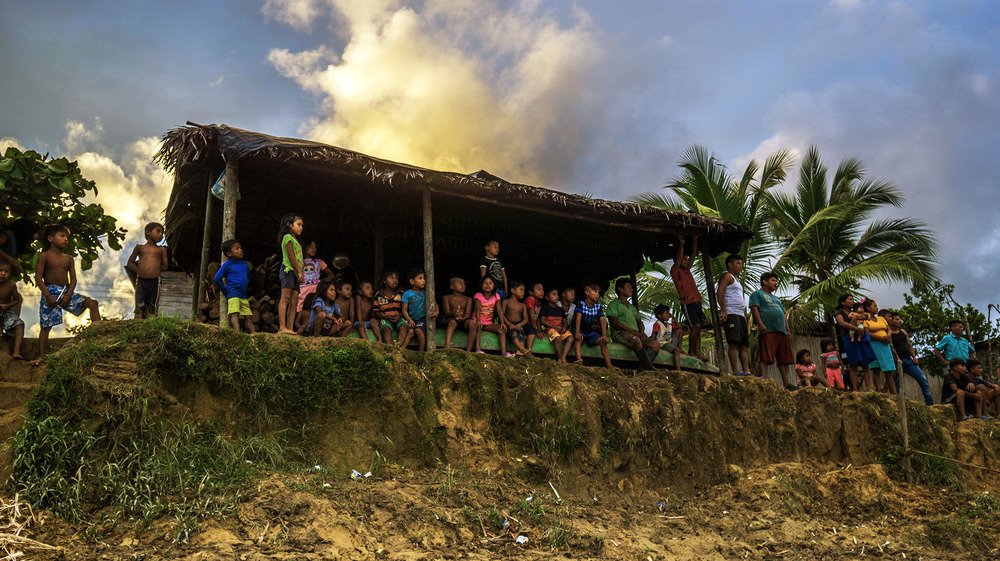
Strategic priority 1: Decolonising our journalism
|
|
The current journalistic model is broken: audiences are demanding that the hierarchical, elite-led system of news gathering and presentation behind journalism be dismantled in favour of a more inclusive and holistic approach based on more equitable access to information and more nuanced and multi-perspective narratives.
There is a growing demand for decolonised, meaningful participatory media spaces – with different power dynamics - and an increasing expectation of journalism as a constructive force for good, rather than simply an “objective” chronicler of the news.
The business model for media is also broken, with many media going bankrupt during the pandemic - despite their information being more valuable than ever - because of a dependence on advertisers.
Finally, exploitative and extractive practices have long been commonplace in media and other businesses.

The New Humanitarian’s Philip Kleinfeld reporting in the Democratic Republic of Congo. (Philip Kleinfeld/TNH)
We think there is a better way. We want to build something different.
Thus, we will continue to produce journalism that can compete with the world's most respected publications, but we will chart our own path in defining what a progressive transformative newsroom means to us.
Our strategy sees us creating that transformation in the following ways:
challenging the power structures within journalism, especially how stories are told and who sets the narrative;
intentionally pursuing impact as central to the production of our journalism;
bolstering our ability to pursue the most challenging stories;
developing a viable model of mission-driven journalism on the international stage
building a progressive newsroom culture.
Members of The New Humanitarian are helping us build the newsroom of the future. Join them by becoming a member today.
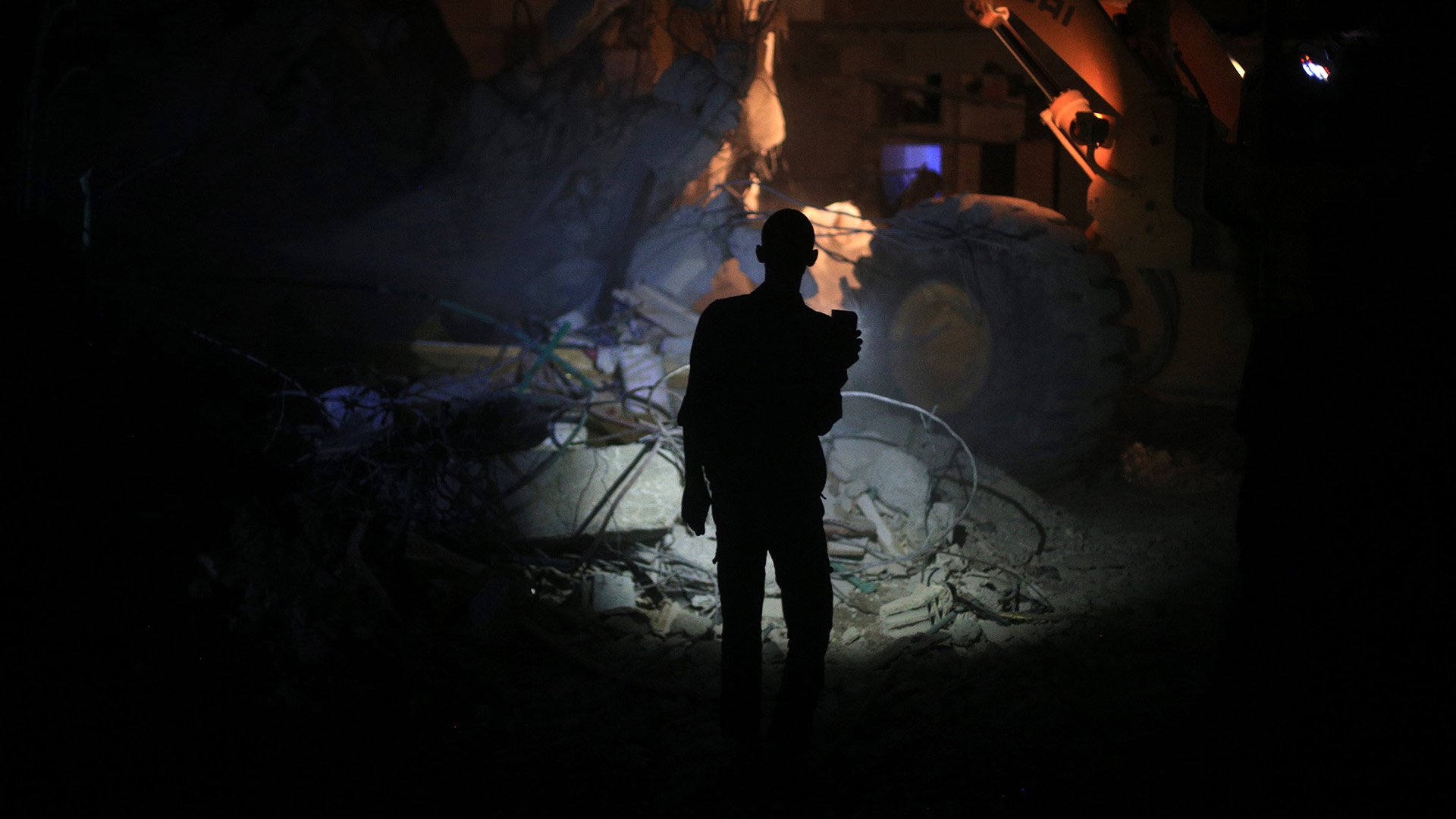
Strategic priority 2: Centring impact in our work
|
|
The current journalistic model is broken: audiences are demanding that the hierarchical, elite-led system of news gathering and presentation behind journalism be dismantled in favour of a more inclusive and holistic approach based on more equitable access to information and more nuanced and multi-perspective narratives.
There is a growing demand for decolonised, meaningful participatory media spaces – with different power dynamics - and an increasing expectation of journalism as a constructive force for good, rather than simply an “objective” chronicler of the news.
The business model for media is also broken, with many media going bankrupt during the pandemic - despite their information being more valuable than ever - because of a dependence on advertisers.
Finally, exploitative and extractive practices have long been commonplace in media and other businesses.

The New Humanitarian’s Philip Kleinfeld reporting in the Democratic Republic of Congo. (Philip Kleinfeld/TNH)
We think there is a better way. We want to build something different.
Thus, we will continue to produce journalism that can compete with the world's most respected publications, but we will chart our own path in defining what a progressive transformative newsroom means to us.
Our strategy sees us creating that transformation in the following ways:
challenging the power structures within journalism, especially how stories are told and who sets the narrative;
intentionally pursuing impact as central to the production of our journalism;
bolstering our ability to pursue the most challenging stories;
developing a viable model of mission-driven journalism on the international stage
building a progressive newsroom culture.
Members of The New Humanitarian are helping us build the newsroom of the future. Join them by becoming a member today.
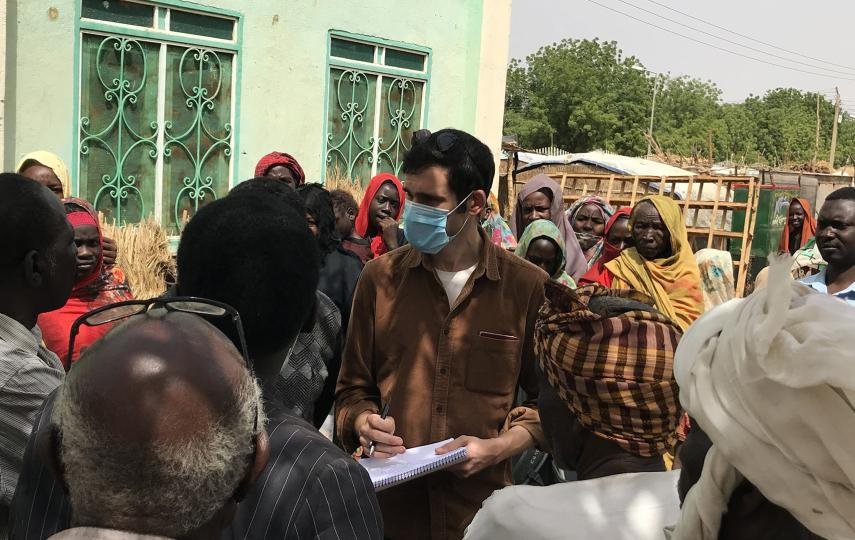
Strategic priority 3: Strengthen our newsroom
|
|
The current journalistic model is broken: audiences are demanding that the hierarchical, elite-led system of news gathering and presentation behind journalism be dismantled in favour of a more inclusive and holistic approach based on more equitable access to information and more nuanced and multi-perspective narratives.
There is a growing demand for decolonised, meaningful participatory media spaces – with different power dynamics - and an increasing expectation of journalism as a constructive force for good, rather than simply an “objective” chronicler of the news.
The business model for media is also broken, with many media going bankrupt during the pandemic - despite their information being more valuable than ever - because of a dependence on advertisers.
Finally, exploitative and extractive practices have long been commonplace in media and other businesses.

The New Humanitarian’s Philip Kleinfeld reporting in the Democratic Republic of Congo. (Philip Kleinfeld/TNH)
We think there is a better way. We want to build something different.
Thus, we will continue to produce journalism that can compete with the world's most respected publications, but we will chart our own path in defining what a progressive transformative newsroom means to us.
Our strategy sees us creating that transformation in the following ways:
challenging the power structures within journalism, especially how stories are told and who sets the narrative;
intentionally pursuing impact as central to the production of our journalism;
bolstering our ability to pursue the most challenging stories;
developing a viable model of mission-driven journalism on the international stage
building a progressive newsroom culture.
Members of The New Humanitarian are helping us build the newsroom of the future. Join them by becoming a member today.
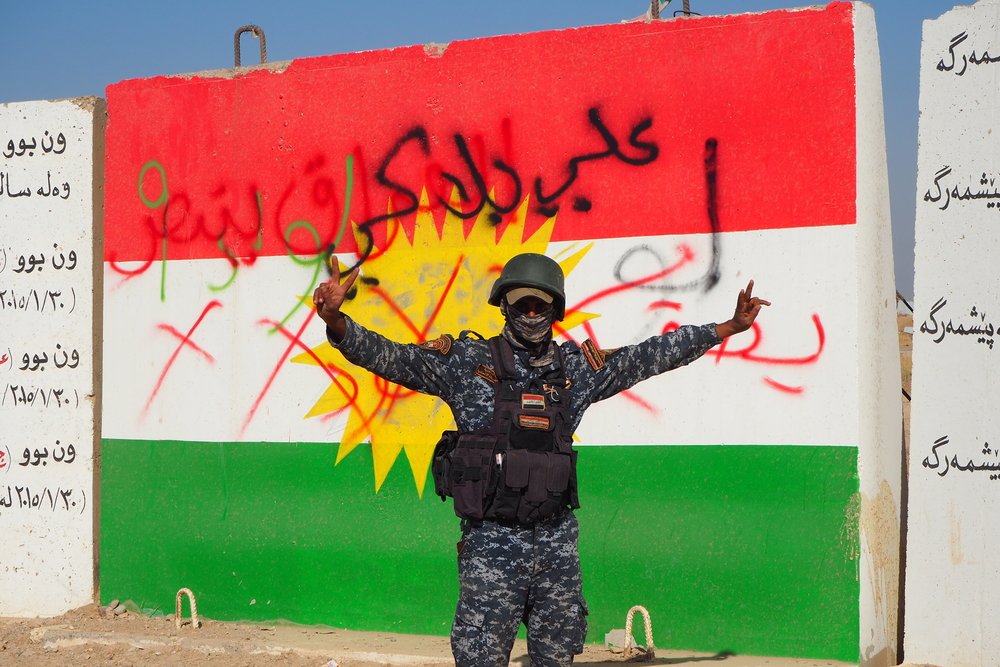
Strategic priority 4: Growing and diversifying our income
|
|
The current journalistic model is broken: audiences are demanding that the hierarchical, elite-led system of news gathering and presentation behind journalism be dismantled in favour of a more inclusive and holistic approach based on more equitable access to information and more nuanced and multi-perspective narratives.
There is a growing demand for decolonised, meaningful participatory media spaces – with different power dynamics - and an increasing expectation of journalism as a constructive force for good, rather than simply an “objective” chronicler of the news.
The business model for media is also broken, with many media going bankrupt during the pandemic - despite their information being more valuable than ever - because of a dependence on advertisers.
Finally, exploitative and extractive practices have long been commonplace in media and other businesses.

The New Humanitarian’s Philip Kleinfeld reporting in the Democratic Republic of Congo. (Philip Kleinfeld/TNH)
We think there is a better way. We want to build something different.
Thus, we will continue to produce journalism that can compete with the world's most respected publications, but we will chart our own path in defining what a progressive transformative newsroom means to us.
Our strategy sees us creating that transformation in the following ways:
challenging the power structures within journalism, especially how stories are told and who sets the narrative;
intentionally pursuing impact as central to the production of our journalism;
bolstering our ability to pursue the most challenging stories;
developing a viable model of mission-driven journalism on the international stage
building a progressive newsroom culture.
Members of The New Humanitarian are helping us build the newsroom of the future. Join them by becoming a member today.
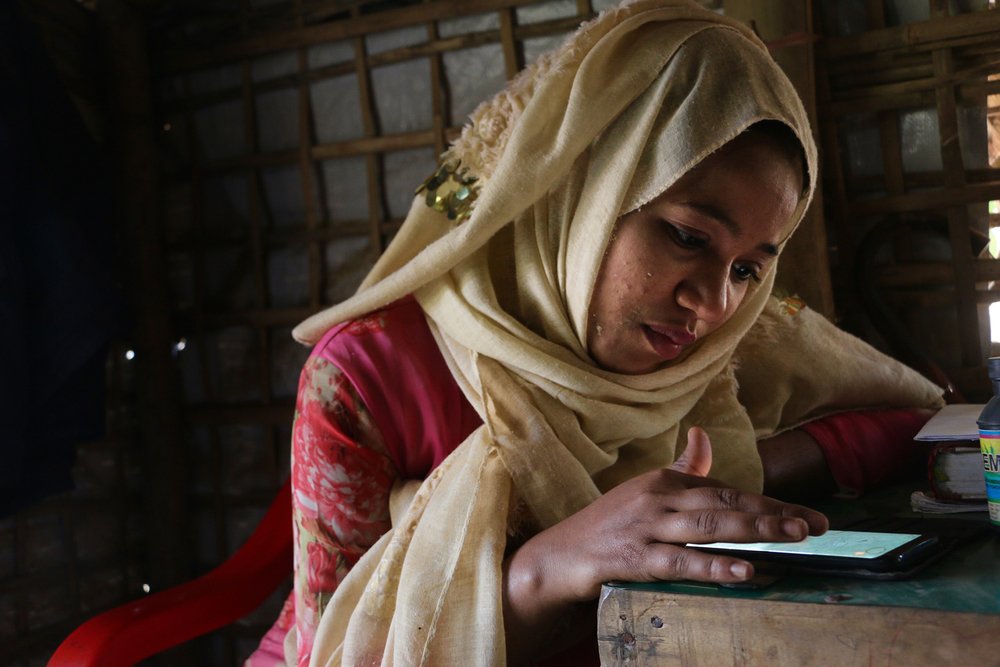
Strategic priority 5: Nurturing an organisational culture of excitement, innovation and well-being
|
|
The current journalistic model is broken: audiences are demanding that the hierarchical, elite-led system of news gathering and presentation behind journalism be dismantled in favour of a more inclusive and holistic approach based on more equitable access to information and more nuanced and multi-perspective narratives.
There is a growing demand for decolonised, meaningful participatory media spaces – with different power dynamics - and an increasing expectation of journalism as a constructive force for good, rather than simply an “objective” chronicler of the news.
The business model for media is also broken, with many media going bankrupt during the pandemic - despite their information being more valuable than ever - because of a dependence on advertisers.
Finally, exploitative and extractive practices have long been commonplace in media and other businesses.

The New Humanitarian’s Philip Kleinfeld reporting in the Democratic Republic of Congo. (Philip Kleinfeld/TNH)
We think there is a better way. We want to build something different.
Thus, we will continue to produce journalism that can compete with the world's most respected publications, but we will chart our own path in defining what a progressive transformative newsroom means to us.
Our strategy sees us creating that transformation in the following ways:
challenging the power structures within journalism, especially how stories are told and who sets the narrative;
intentionally pursuing impact as central to the production of our journalism;
bolstering our ability to pursue the most challenging stories;
developing a viable model of mission-driven journalism on the international stage
building a progressive newsroom culture.
Members of The New Humanitarian are helping us build the newsroom of the future. Join them by becoming a member today.